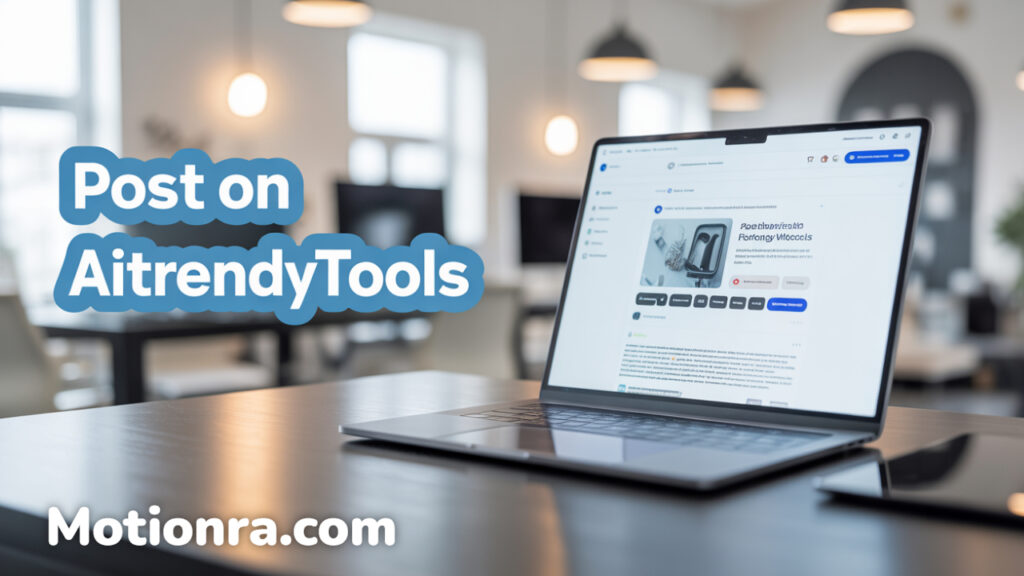Introduction
So, you’re ready to dive into the world of stock trading but stuck wondering where to start? We get it—choosing the right platform can be overwhelming. With so many trading apps and brokerages popping up, it’s hard to know which one suits your needs. But don’t worry—we’ve got you covered. Let’s break it all down.
What Is a Stock Trading Platform?
A stock trading platform is essentially the bridge between you and the stock market. It’s the tool that allows you to buy and sell stocks, monitor market trends, analyze performance, and sometimes even learn trading strategies. Whether you’re a seasoned trader or just dipping your toes in, having the right platform is crucial.
Why Choosing the Right Platform Matters
Think of it like choosing your car. You wouldn’t buy a racecar for grocery shopping, right? Similarly, you don’t want a complex, expert-level platform if you’re a newbie just trying to buy your first share of Apple.
Key Features of a Good Trading Platform
User-Friendly Interface
No one wants to deal with a clunky app. A good platform should be easy to navigate—even if you’ve never traded before.
Low Fees and Commissions
Commissions can eat into your profits. Look for platforms that offer zero-commission trades or very low fees.
Real-Time Market Data
Timing is everything. You need real-time quotes and alerts to make informed decisions.
Mobile Compatibility
In a world where we’re always on the go, having a mobile-friendly platform is a must.
Advanced Charting Tools
For those who like to dive deep, look for platforms with customizable charts, indicators, and drawing tools.
Educational Resources
The best platforms help you learn as you earn. Tutorials, blogs, and webinars are a bonus.
Top Stock Trading Platforms in 2025
1. Robinhood
Best for Beginners
Robinhood made waves for its clean interface and user-friendly experience. It’s the go-to for beginners.
Zero Commission Trades
Yep, no fees on trades. That’s what put Robinhood on the map.
2. TD Ameritrade
Best for Research and Analysis
It’s perfect for those who want to go beyond just buying and selling.
Thinkorswim Platform
Packed with features like paper trading, advanced charting, and technical studies.
3. E*TRADE
Robust Tools for All Traders
Whether you’re just starting or already a pro, E*TRADE offers something for everyone.
Educational Support
Its library of videos and webinars is gold for new investors.
4. Fidelity
Best for Long-Term Investors
Focused on wealth building and retirement planning, Fidelity is a reliable long-haul partner.
Exceptional Customer Support
Their support is responsive and helpful, even for complex questions.
5. Charles Schwab
Great All-Around Platform
It balances simplicity and power, suitable for beginners and pros alike.
Low-Cost Mutual Fund Access
A big plus if you’re into mutual funds.
6. Webull
Best for Active Traders
Webull offers deep insights and real-time data that day traders love.
Technical Analysis Focus
Advanced tools for charting and analytics.
7. Interactive Brokers (IBKR)
Best for Advanced Traders
If you’re ready to level up, IBKR is a powerhouse.
Global Market Access
Trade stocks from across the world—huge if you’re into international markets.
8. SoFi Invest
Good for New Investors
SoFi makes investing feel like a breeze, even if you’ve never tried it before.
Offers Fractional Shares
Buy a slice of Amazon or Tesla without needing hundreds of dollars.
9. Moomoo
Popular in Asia and Growing Worldwide
Moomoo is gaining ground fast and offers a lot for free.
Free Level 2 Data
This gives traders a better view of market depth and movements.
How to Choose the Right Trading Platform for You
Define Your Goals
Are you day trading? Investing for retirement? Different goals need different platforms.
Compare Fees
Even small fees add up. Always read the fine print.
Test the Platform (Use Demo Accounts)
Try before you buy! Most platforms offer paper trading or demo modes.
Consider Customer Service
You want help when you need it—fast and friendly support matters.
Check User Reviews
See what other traders are saying. Real-world feedback can be eye-opening.
Common Mistakes to Avoid When Selecting a Platform
Going for Hype Over Functionality
Just because everyone’s using it doesn’t mean it’s right for you.
Ignoring Hidden Fees
Always check for fees on withdrawals, inactivity, or advanced features.
Not Testing the Interface
If it’s too complex or frustrating to use, you won’t stick with it.
The Future of Stock Trading Platforms
AI and Machine Learning Integration
Expect smarter trading assistants and predictive analytics.
Social Trading Features
Copy trades from pros or share your moves with others—trading meets social media.
Greater Access to Global Markets
We’re going worldwide—get ready to trade stocks from every corner of the globe.
Conclusion
There’s no “one-size-fits-all” when it comes to trading platforms. The best one for you depends on your goals, skill level, and trading style. Whether you’re a beginner who wants to dabble or a seasoned trader looking for powerful tools, there’s something out there for you. Take your time, try a few, and find your perfect fit.
FAQs
1. What is the safest stock trading platform?
Most regulated brokers like Fidelity, TD Ameritrade, and Charles Schwab are considered very safe due to their security protocols and insurance.
2. Can I trade stocks for free?
Yes! Platforms like Robinhood and Webull offer commission-free trades.
3. Which platform is best for beginners?
Robinhood, SoFi Invest, and Fidelity are great choices for those just starting out.
4. Is mobile trading reliable?
Absolutely. Most platforms have robust mobile apps with real-time data and trading capabilities.
5. Do all platforms support cryptocurrency?
Not all, but many like Robinhood, Webull, and SoFi do offer crypto trading now.




One Comment